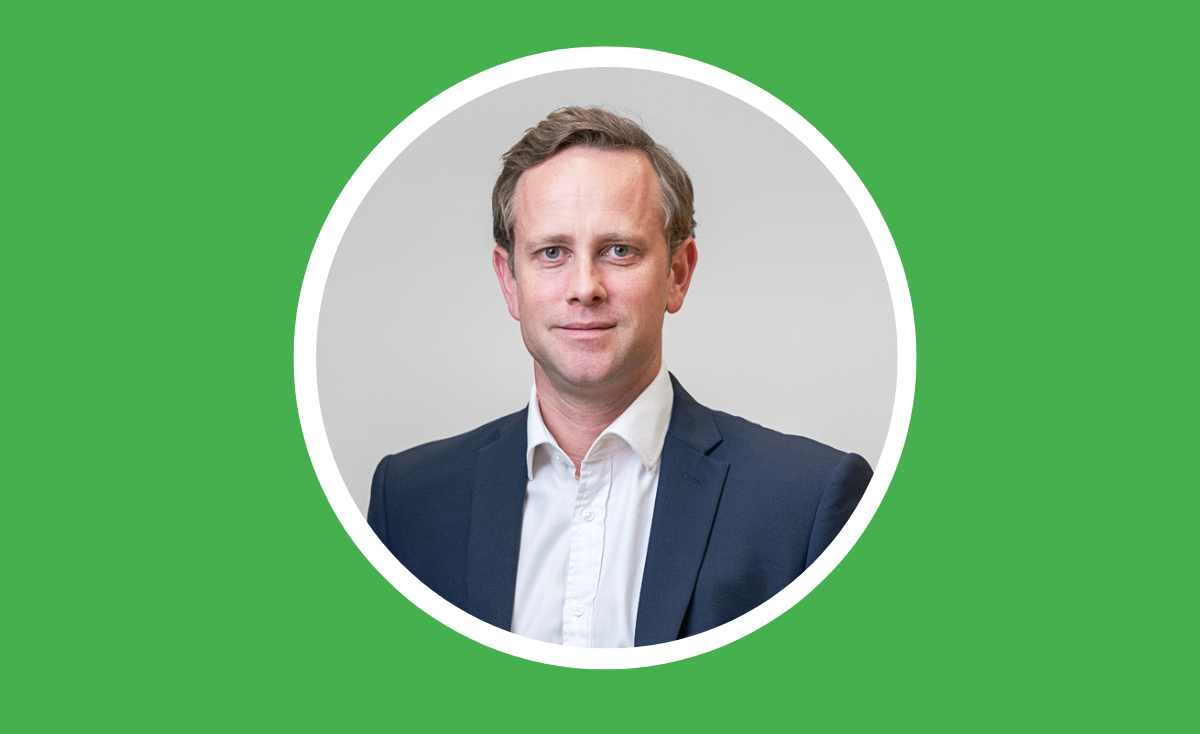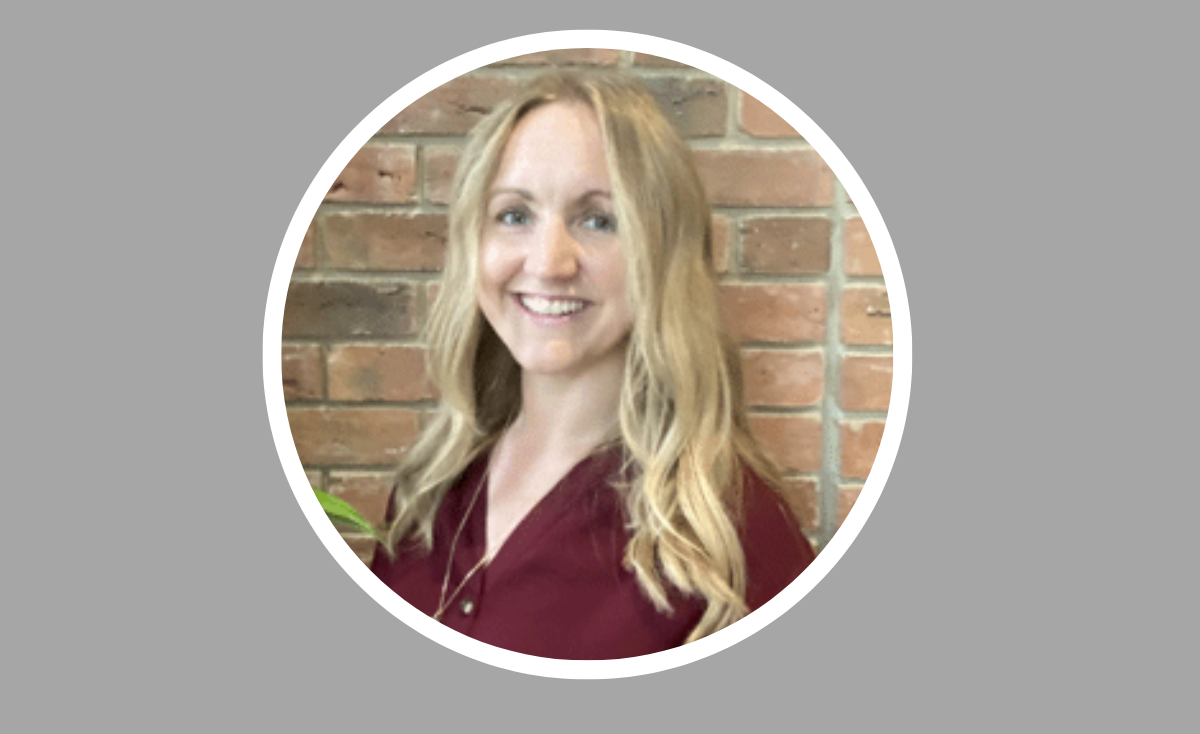How fund operators can balance staff demands in the new hybrid environment
Chris Taylor, Chief Operating Officer at CG Asset Management, discusses what fund operators need to know when hiring staff in the new hybrid working environment and how it could affect diversity and inclusion policies.
Andrew Putwain POSTED ON 7/25/2022 8:18:31 AM
 Chris Taylor, Chief Operating Officer at CG Asset Management.
Chris Taylor, Chief Operating Officer at CG Asset Management.
Chris Taylor, Chief Operations Officer, CG Asset Management, is speaking at the Fund Operator Europe summit in November. You can see the agenda and register to attend here.
Andrew Putwain: What are the issues that you see in people management and talent retainment in the post-pandemic era?
Chris Taylor: The first challenge that comes to mind is recruiting and onboarding the right employees. There are supply constraints at the moment, which means it is taking longer to recruit candidates with the right skills for each role.
During the pandemic, we saw a shift in people's life priorities and a re-evaluation of their work/life balance. Where we have been looking to recruit operations candidates, there have been far more conversations about flexible working and working from home (WFH) than I have seen before.
"When you have people spread across different locations it is possible, but it is certainly not as easy to be reactive to the issues which can come up day-to-day."
A challenge that WFH brings is in shaping company culture. “Company culture” is a phrase that I never took much stock in but being in a small firm makes you realise how important it is, and how it often gets lost in bigger firms. There is real value in having the whole team together in one place because things move quickly and having the right people, with the right skills and in the right place is what allows a small firm to be so agile.
When you have people spread across different locations it is possible, but it is certainly not as easy to be reactive to the issues which can come up day-to-day.
We recently advertised a development role as a five-day a week office position. Due to that stipulation, certain candidates instantly discounted it because they have a balance that they wish to achieve, which is fine.
Andrew: Are these goals limiting people, as only some can be hybrid or because for smaller companies, it could be harder logistically to be hybrid or WFH?
Chris: It depends on the role; if you are an analyst or a front office manager, then your work can be done remotely. Operations teams are the lifeblood of a company and in firms where a relatively small team can cover such a wide range of business functions, they need to be in the thick of it.
"Our IT infrastructure is cloud-hosted so we can work remotely but in our experience, our teams work better and are more effective when they are together."
During lockdown we saw that it is stressful when you lose the feel for what is happening; it could be a small IT glitch or a programme rule that is misbehaving and that loss of proximity means these small issues can become bigger problems by the time it is reported to the right people.
Our IT infrastructure is cloud-hosted so we can work remotely but in our experience, our teams work better and are more effective when they are together.
Andrew: How do you sell a role that is office-based in today's pro-hybrid/WFH environment?
Chris: We started by thinking about the type of candidate that we want for the role. The best operations managers will never say ‘that is not my job’ and that is the sort of person we I want. You are covering middle and back office, and IT, and you need to be well versed in all of them and how they join up.
The cross training of the different business functions means that there is a need for boots on the ground. I’m not discounting WFH as an option and indeed our compliance and front office work remotely for a proportion of their time but the nature of certain roles, specifically our Ops development roles, makes it difficult to do remotely.
"When recruiting, small companies need to offer something different. We are not pigeon-holing people where we are saying come to us and we will build your skillset."
In the industry today, where everything has been segmented, an Operations Manager in a larger company will often have only one business area to look after. How we sell the role is telling the prospective candidates that we will give them that training to cover, understand and manage multiple business areas. This is difficult to do remotely, and it is quicker when they are in a team and with you every day. Learning comes from everything we are exposed to in the office; listening to the conversations, the unexpected meetings, the daily interactions with our peers and you don't get that when you are working in isolation.
When recruiting, small companies need to offer something different. We are not pigeon-holing people where we are saying come to us and we will build your skillset.
The second part of overcoming this issue is that we are owned by an Employee Ownership Trust (EOT), which is quite a differentiator in this environment. It means that employees directly benefit from the success of the company as it grows and keeps the interests of staff aligned with those of our clients and the company we work for.
Chris Taylor, Chief Operations Officer, CG Asset Management, is speaking at the Fund Operator Europe summit in November. You can see the agenda and register to attend here.
Please Sign In or Register to leave a Comment.
SUBSCRIBE
Get the recent popular stories straight into your inbox







